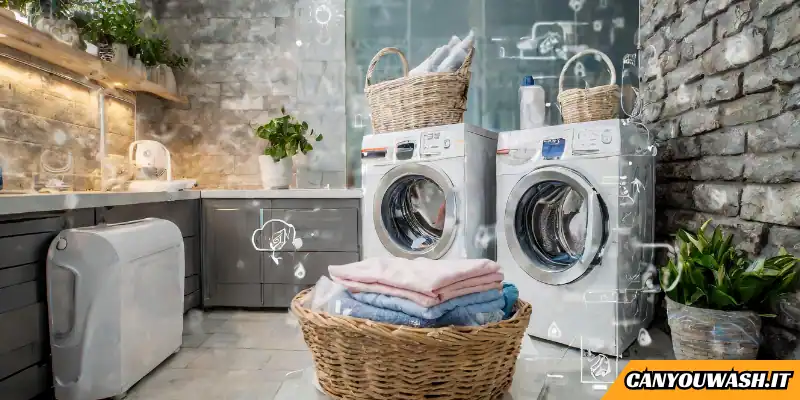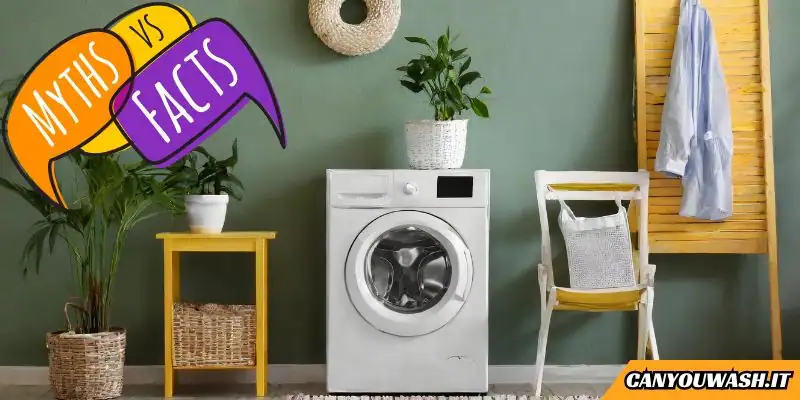No, you should not wash AA batteries with water or any liquid. AA batteries are not designed to be submerged or exposed to moisture. Water can react with the chemicals inside the battery and potentially cause corrosion or damage to the battery. It is important to handle batteries with care and avoid getting them wet.
If you are dealing with a leaking AA battery, remove the leaking battery from the device, place it in a plastic bag for proper disposal, and clean the affected area using a mild acid like white vinegar or lemon juice to neutralize the alkaline leakage.
Be cautious and use appropriate safety measures, such as protective eyewear and gloves, when handling the leaking battery and cleaning the affected area.
Remember, it is crucial to prioritize safety and handle batteries responsibly to prevent any potential harm.
Step guide on how to clean battery acid spillage on a device
- Ensure your safety: Put on protective eyewear and gloves before handling the affected remote control. It’s important to protect yourself from any potential contact with the corrosive battery acid.
- Remove the batteries: Open the battery compartment of the remote control and carefully remove the batteries. Place them in a plastic bag or container for proper disposal.
- Assess the damage: Inspect the battery compartment and the surrounding areas for any signs of battery acid leakage. If you notice any visible corrosion or residue, proceed to the next steps.
- Neutralize the acid: Dab a few drops of a mild acid, such as white vinegar or lemon juice, onto a clean cloth or cotton swab. Gently blot the affected areas of the remote control with the cloth or swab to neutralize the alkaline leakage. Take care not to oversaturate the device with the liquid.
- Stubborn leaks: If there are stubborn leaks or corrosion, you can use an old toothbrush dipped in vinegar or lemon juice to scrub the affected areas more thoroughly. Be gentle and ensure that the liquid does not seep into the internal components of the remote control.
- Dry the remote control: After neutralizing the acid, allow the remote control to air dry for some time. Ensure that it is completely dry before proceeding to the next step.
- Remove residue: If there is any residue left on the metal contacts or other surfaces, you can carefully scrape it off using a soft tool, such as a plastic scraper or a toothpick. Be gentle to avoid damaging the device.
- Polish the contacts: Use a pencil eraser to gently polish the metal contacts inside the battery compartment. This helps remove any remaining residue and ensures good electrical conductivity.
- Reinsert the batteries: Once the remote control is thoroughly dry and the contacts are cleaned, reinsert fresh batteries into the battery compartment. Ensure they are inserted correctly according to the polarity markings.
- Test the remote control: Close the battery compartment and check if the remote control is functioning properly. Press various buttons to verify that they are working as expected.
FAQs
Can I wash the device with water to clean battery acid spillage?
No, you should not wash the device with water or any other liquid. Water can react with the battery acid and potentially cause further damage or corrosion. Instead, follow the steps mentioned earlier to neutralize and clean the affected areas.
Can I use any type of acid to neutralize the battery acid?
It is recommended to use mild acids like white vinegar or lemon juice to neutralize alkaline battery acid. These acids are generally safe to use and effective in neutralizing the alkaline properties of the spillage. Avoid using stronger acids or chemicals, as they may cause additional damage.
Do I need to wear protective gear while cleaning battery acid spillage?
Yes, it is important to prioritize your safety. Wear protective eyewear and gloves before handling the affected device or coming into contact with the battery acid. This helps protect your skin and eyes from potential harm.
What should I do with the leaking batteries?
When dealing with leaking batteries, carefully remove them from the device and place them in a plastic bag or container for proper disposal. You should dispose of them according to your local regulations for hazardous waste.
Can I use a wet cloth to clean the device?
No, you should avoid using a wet cloth or any liquid directly on the device. Instead, follow the steps mentioned earlier, using a cloth or cotton swab dampened with mild acid to dab and neutralize the alkaline spillage.
What if there is corrosion or residue on the metal contacts?
If you notice corrosion or residue on the metal contacts inside the battery compartment, you can gently scrape it off using a soft tool like a plastic scraper or a toothpick. Be careful not to damage the contacts or other internal components of the device.
What if the remote control doesn’t work after cleaning?
If the remote control does not work properly even after cleaning the battery acid spillage, there may be other underlying issues. It is recommended to consult the manufacturer’s instructions or contact their customer support for further assistance or repair options.
Remember, always prioritize safety, follow the guidelines provided, and dispose of the leaking batteries properly.
Final thoughts 💭
In summary, battery acid, also known as battery leakage, can be corrosive and harmful. When dealing with alkaline battery leakage, it is crucial to take safety precautions and avoid contact with the caustic substance. To clean alkaline battery leakages on devices like remote controls, it is advised to wear protective eyewear and gloves. The leaking batteries should be removed and disposed of properly.
To clean the affected area, neutralize the leakage by dabbing it with a mild acid like white vinegar or lemon juice. Stubborn leaks can be treated with an old toothbrush dipped in vinegar or lemon juice.
After neutralization, carefully dry the area and remove any residue from the metal device contacts. Energizer has made improvements in their battery construction to reduce leakage issues. However, it is essential to handle batteries responsibly and prioritize safety when dealing with battery acid spillage.





Leave a Reply